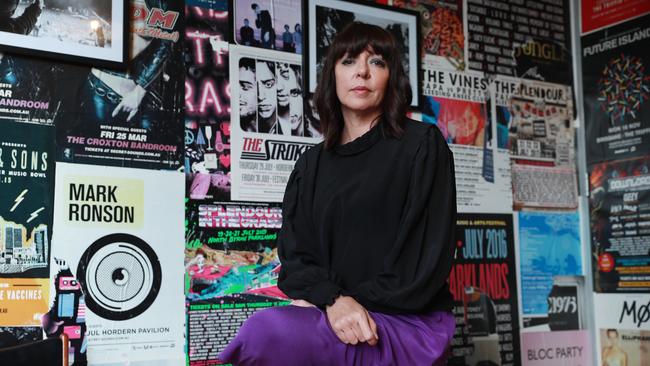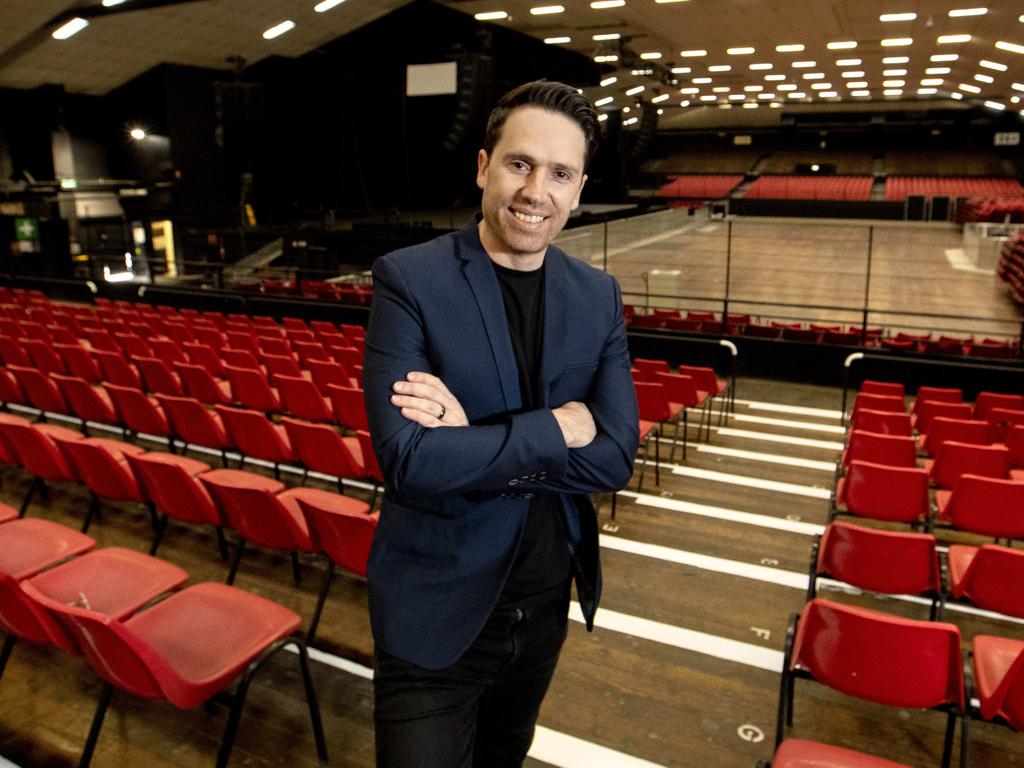Treat live music like the footy, says Splendour co-founder Jessica Ducrou
When tens of thousands of sports fans gathered for the NRL and AFL grand finals, concert promoters wondered: what about music?

When tens of thousands of sports fans gathered for the NRL and AFL grand finals at the weekend, concert promoters had good reason to scratch their heads and wonder: what about music?
“It’s hard not to feel like our industry is being discriminated against,” said Jessica Ducrou, co-founder of the annual NSW winter music festival Splendour in the Grass. “We need a level playing field, and the allowances and relaxations that are afforded to sporting and racing events should apply to the live entertainment industry.”
“There’s no reason that they shouldn’t; they have very similar characteristics in terms of large numbers of people gathering to cheer and yell. There’s so much in common, and I do think that the music industry is being forgotten and unfairly pigeonholed.”
Since the pandemic forced a sudden end to all mass gatherings in March, the major sporting codes worked within health department guidelines to gradually increase spectator numbers from zero to the tens of thousands allowed at last weekend’s grand finals in Brisbane and Sydney.
Yet live music has been able to resume only in fits and starts, as entertainment venue owners in some states have experimented with seated shows, table service, temperature scanners and careful monitoring of social distancing in order for shows to go on.
While that approach has been adopted by smaller venue owners, many of whom are operating at a loss under such restrictions, for festivals such as Splendour in the Grass — which ordinarily attracts about 42,000 people a day to its site near Byron Bay — a clear road map to upscaling events is needed.
“Our industry is in dire straits,” said Ducrou, who co-founded the festival in 2001. “We’ve sat patiently and spoken to government about our challenges, both state and federal, and we really need some help.
“We really need the government to step up and underwrite the risk of cancellation, like they are doing for the film industry, where they have a temporary interruption fund that provides assistance for local productions that haven’t been able to start due to insurance exclusions.”
In June, Arts Minister Paul Fletcher promised a $250m rescue package composed of grants and loans. That funding is yet to flow, despite the government establishing a creative economy task force in August to advise on grant allocations.
“No one is going to see a single dollar of that (funding) until January,” said Ducrou. “By which point, the question is: will any of those businesses still be in operation?”





To join the conversation, please log in. Don't have an account? Register
Join the conversation, you are commenting as Logout